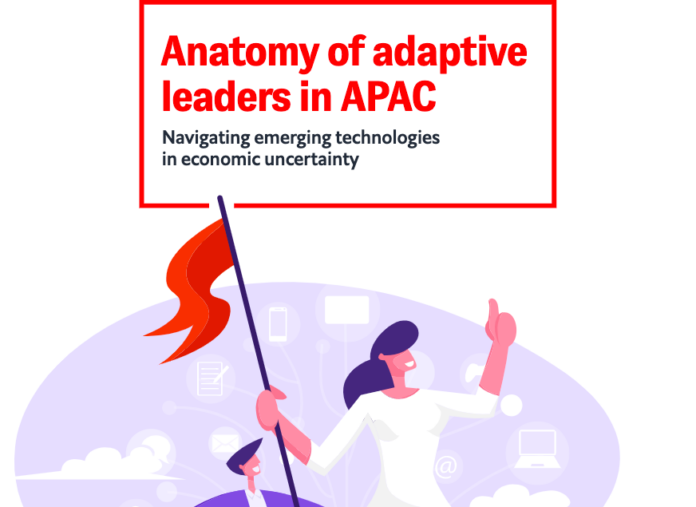Cloud is the dominant emerging technology in Asia Pacific (APAC), with 85% of business leaders reporting that their organizations have already begun adoption, according to Red Hat.
This is based on a survey done by Economist Impact, covering 375 business leaders from a variety of organisations that include Red Hat customers, across Indonesia, Malaysia, Singapore, Australia, China, Hong Kong, Taiwan, India, Japan and South Korea.
The research revealed that while the cloud has become ubiquitous across enterprises and organisations, the technology is still nascent and continuing to evolve. In Singapore, 68% of respondents have reported full adoption.
Also, findings revealed that most APAC organisations have not yet adopted artificial intelligence, but some have made an early start.
In Singapore, 70% of business leaders that say their organisations have not adopted generative AI, attributing this to the lack of skilled talent needed to integrate it in their business, underscoring the need for companies to upskill their labour force to keep pace with innovation.
Apart from being the leading reason for the current low adoption of generative AI across APAC, shortages in skilled labour were also identified as a top risk currently impacting organisations (77%).
This was particularly a concern for business leaders in Japan (87%), Australia (84%) and South Korea (81%), and in the natural resources and services sectors.
In response to the challenges and trends identified, APAC respondents intend to raise the skill levels of employees and reduce the risks facing their businesses by prioritising the following strategies.
These include creating forecasts for business performance under adverse and optimistic scenarios (54%), refocusing their supply chain strategy (46%), cutting operational costs (45%).
The study also found that these ongoing complexities and headwinds brought the role of business leaders into sharp focus.
When business leaders were asked to rate the importance of specific leadership traits to navigate the current economic and technological disruption, they prioritised collaboration, trust-building and open ways of working with employees and stakeholders as highly important (82%).
This was followed by agility in thinking and decision-making (89%), and humility (81%), which in this context implies self-awareness of limitations and willingness to work with the people who possess the necessary know-how.
Charles Ross, principal of policy and insights at Economist Impact, said that in response to economic headwinds, firms in the region are seeking to improve productivity by prioritising investments in areas such as cloud computing, data platforms and generative AI.
“But implementation is not easy, as firms grapple with the required investment costs and digital skills–amidst increasing cybersecurity concerns,” said Ross.
“Encouragingly business leaders are reinforcing the need to be collaborative during this challenging period, recognising that the more effective path to business success is one where everyone is working towards a shared vision,” he added.
















